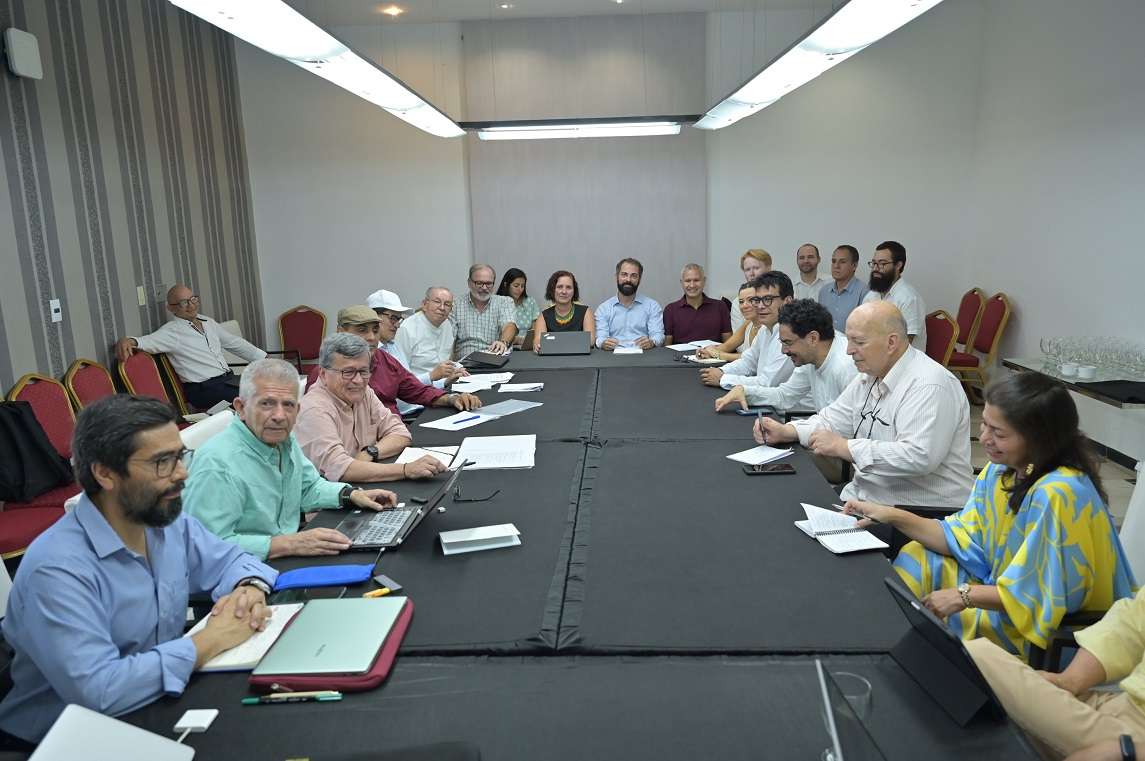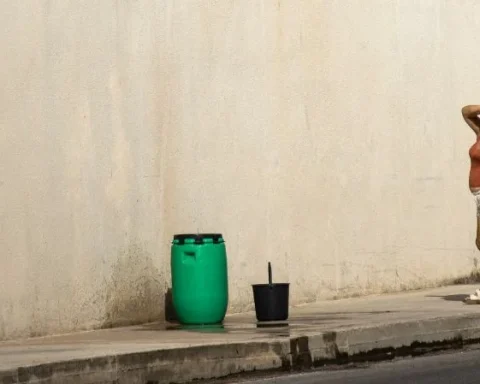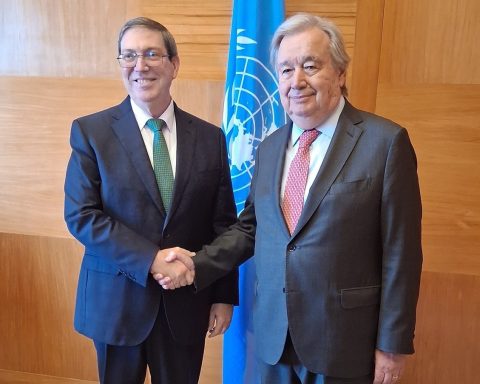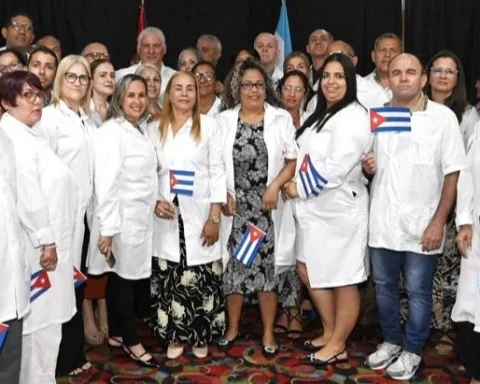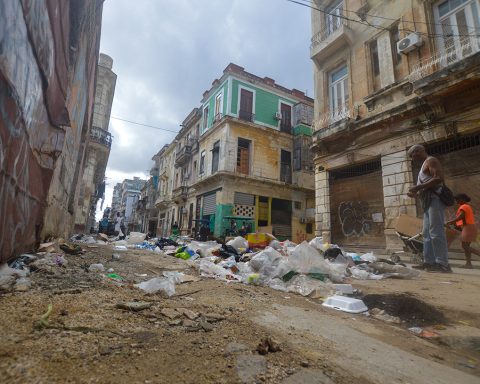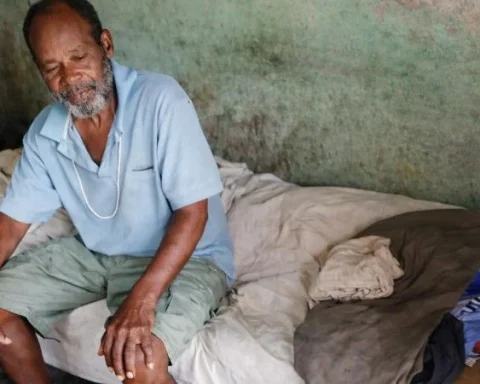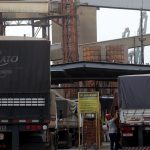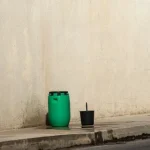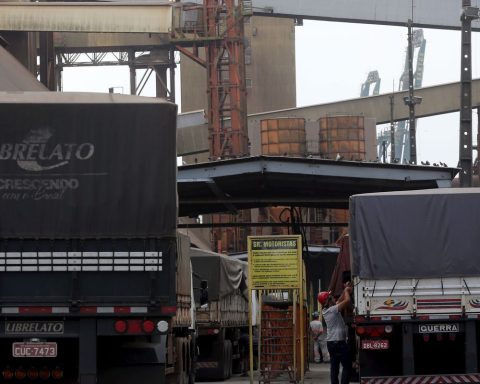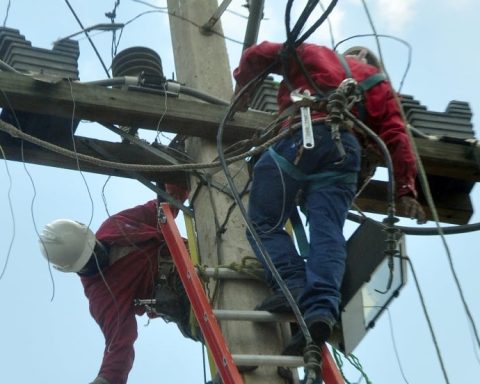Cuba described as “hard work” the five weeks since the start of the third cycle of negotiations between the Colombian government and the guerrilla of the National Liberation Army (ELN), which ends this Friday in Havana, after the negotiating delegations of both parties requested an extension.
“We have requested one more day (…) to finalize the details of the texts of the Cuba Agreements and their respective protocols,” the negotiating delegations explained in a joint statement. The announcement came just four hours before the scheduled closing ceremony.
The Peace Dialogue Table meeting in Havana requests President Gustavo Petro ?? and First Commander Antonio García for one more day of work to finalize details of the Cuba Agreements. Today there will be no Closing Ceremony for this Third Cycle and the work will continue. https://t.co/xJMrpvHWJv
— Eugenio Martínez Enríquez (@EugenioMtnez) June 8, 2023
Meanwhile, it has been “five weeks of hard work by the parties that we hopefully accompany, there is a firm path towards peace,” the director general of Latin America and the Caribbean of the Foreign Ministry, Eugenio Martínez, said on Twitter.
The Cuban cycle of peace talks began the first week of May and will conclude tomorrow with an act to which the Colombian president, Gustavo Petro.
It would be the first time that Petro accompanies a closing of negotiation rounds, therefore it increases the expectations of the long-awaited announcement of the bilateral ceasefire.
Conversations in Havana
The third cycle, which follows those developed in Venezuela and Mexico, started on May 2 and was initially scheduled to end on May 29, although it was extended by ten days.
Both parties have worked on the key point of the bilateral ceasefire, where the ELN defends a “bilateral and national” cessation that includes “parastatal forces and criminal groups”, in addition to asking that it be “preliminary” because the final one would come with the final agreement.
The Colombian government, meanwhile, considers that the ceasefire should include hostilities (damage against the civilian population: from threats to confinement, through forced displacement and the recruitment of minors) and a “geographical limitation” to be verifiable.
The talks began in November in Caracas, where they agreed to promote humanitarian relief in some of the regions hardest hit by the armed conflict.
Petro will travel to Havana to close the cycle of negotiations with the ELN
The second cycle, held between February and March in Mexico City, concluded with the recognition by the Government of the political status of the ELN as a “rebel armed organization” and the recording of “advances” with a view to reaching an agreement to cease the bilateral fire.
In the third round, they talked about the bilateral ceasefire, humanitarian relief and the participation of civil society in the peace process.
EFE/OnCuba.
